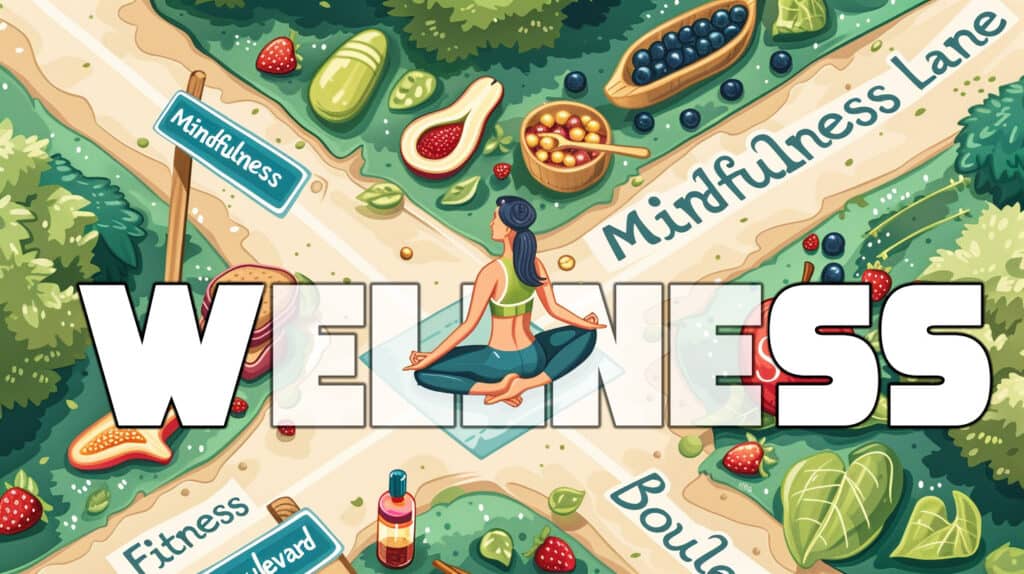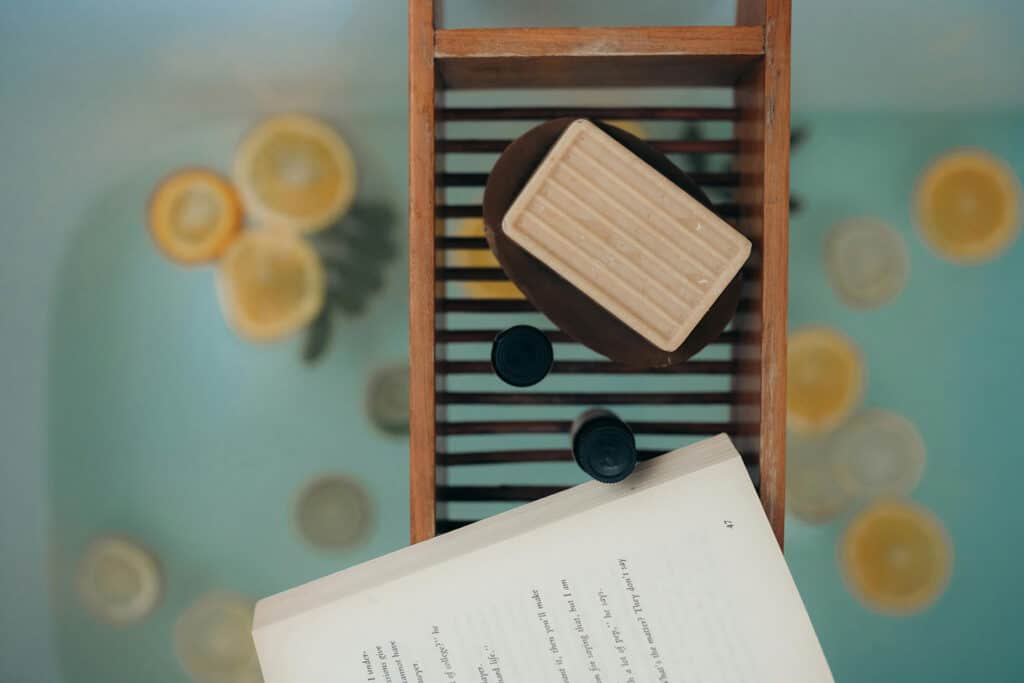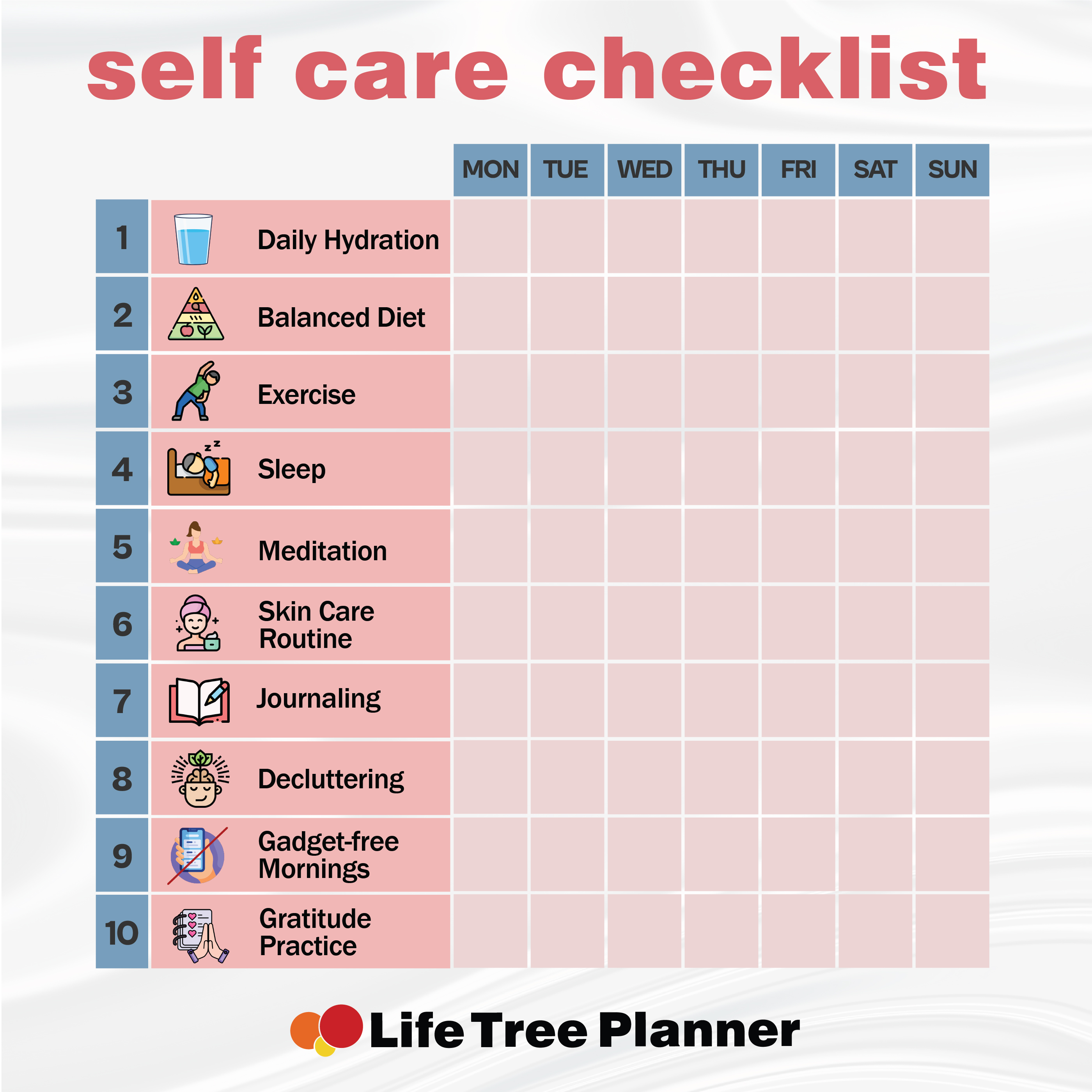
Are you tired of feeling lost in your journey toward success? You’re not alone. Many people struggle to find their self care ideas, but you have the power to change that.
As your trusted guide, we understand your challenges and have helped countless individuals uncover their passions and achieve their goals.
In this article, We’ll share a simple plan that involves creating a self-care checklist that includes 10 self-care options and valuable tips to enhance your well-being.
Take the first step today by reading on. By following this plan, you will discover the clarity and confidence needed to transform your life, ultimately leading you to a fulfilling and purposeful future.
Here are 10 self-care checklist items to boost your well-being:

- Daily Hydration: Drink enough water daily to stay energized.
- Balanced Diet: Eat a variety of nutritious foods for overall health.
- Exercise: Stay active with regular physical activity to improve mood.
- Sleep: Aim for 7-9 hours of quality sleep each night.
- Meditation: Spend time meditating to reduce stress and enhance focus.
- Skin Care Routine: Maintain a daily skincare routine for healthy skin.
- Journaling: Write down thoughts and feelings for emotional clarity.
- Decluttering: Organize your space to create a calm environment.
- Gadget-Free Mornings: Start your day without screens for a peaceful routine.
- Gratitude Practice: Reflect on what you’re grateful for to boost positivity.
See also Self-Love Journal: 9 Inspiring Ideas for Self-Discovery
1. Daily Hydration

Daily Hydration is a key part of practicing self-care. Staying hydrated helps protect your physical health, boosts energy, and keeps your brain focused. It’s easy to forget, but adding it to your self-care reminders can make a difference.
Drinking water on a daily basis supports your body, reduces stress, and improves mood. When you struggle with energy or focus, hydration can help. It’s a simple way to practice self-care in a busy world.
Talking with friends or even playing can help remind you to drink water. By adding eight glasses of water to your to-do list, you can build a habit that supports your personal well-being every day.
Here’s a list of tips on how to drink enough water:
- Drink a glass of water upon waking – Start your day hydrated.
- Carry a reusable water bottle – Keep it with you throughout the day.
- Set daily water goals – Aim for a specific amount each day.
- Use a hydration app – Set reminders to drink water regularly.
- Drink a glass of water before each meal – Build a routine around meals.
- Add flavor – Use lemon, cucumber, or mint to make water more enjoyable.
- Eat water-rich foods – Include fruits and vegetables like watermelon or cucumbers.
- Track your intake – Use a journal or app to monitor your hydration.
2. Balanced Diet
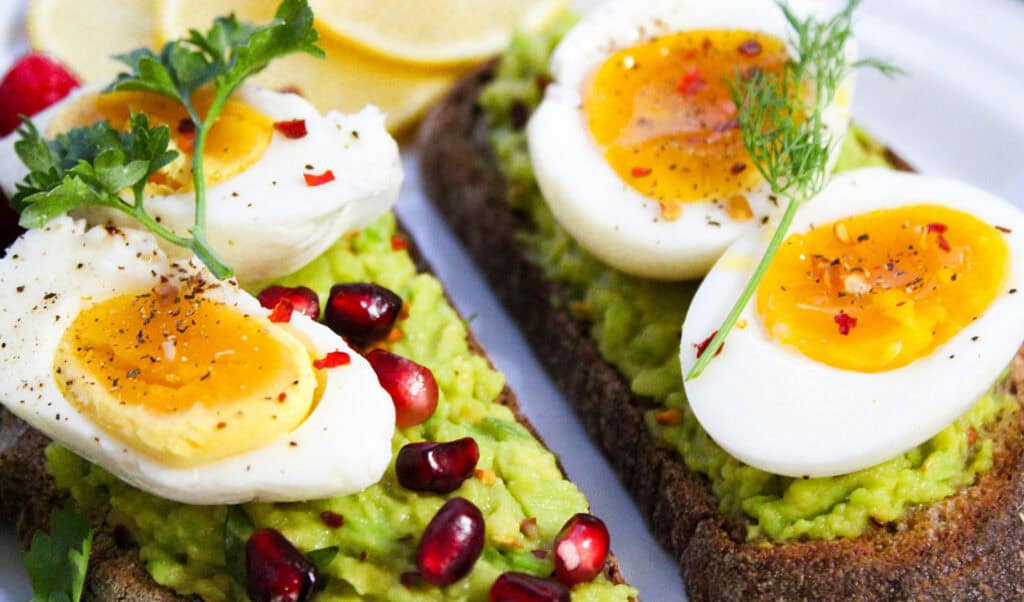
A balanced diet is essential for maintaining good health and supporting both your physical and mental well-being. A good diet plan should include a mix of fruits, veggies, and proteins.
Avoiding unhealthy foods is key to keeping your body and mind in top shape. Eating well helps you stay energized, improves your focus, and boosts your overall quality of life.
Incorporating healthy meals into your daily self-care list ensures you stay on track. Remember to schedule regular meals to support your physical health and mental clarity. A balanced diet is a powerful tool to help you live a healthy life and achieve your best self.
Here’s a list of what a balanced diet might look like in a day:
- Fruits and Vegetables (40%) – Aim to fill nearly half of your plate with a variety of fruits and vegetables.
- Proteins (20%) – Include lean meats, fish, eggs, beans, or plant-based proteins in your meals.
- Whole Grains (25%) – Incorporate whole grains like brown rice, whole wheat bread, or oats.
- Dairy or Alternatives (10%) – Choose low-fat or dairy alternatives like almond or soy milk.
- Healthy Fats (5%) – Use sources like avocados, nuts, seeds, and olive oil in moderation.
3. Exercise
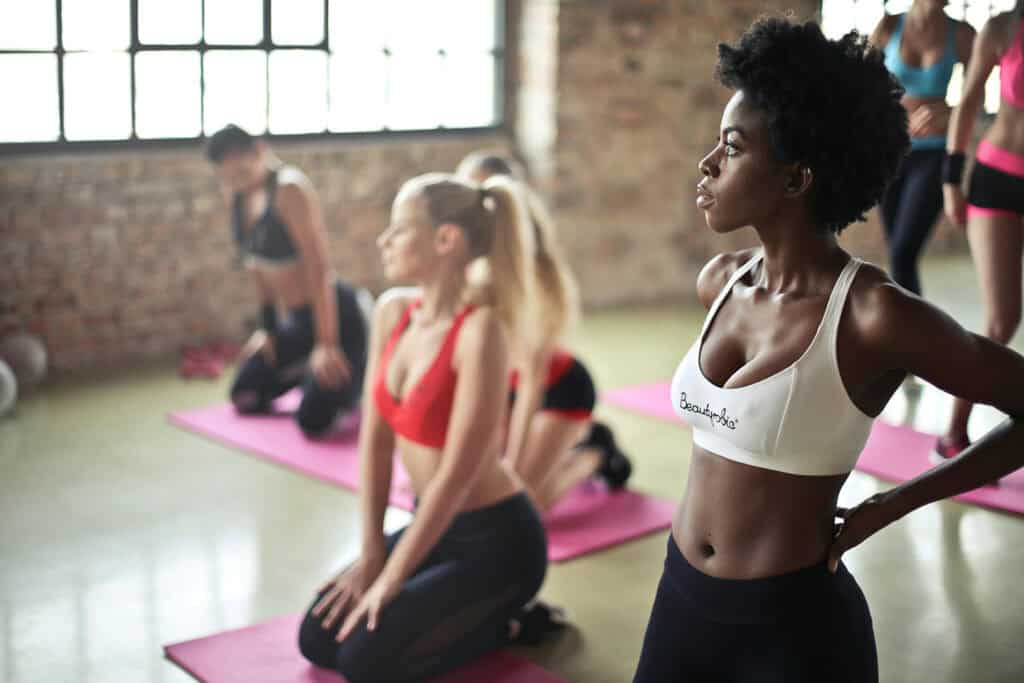
Exercise is a key part of physical self-care. Whether it’s going to the gym or taking a long walk, spending 30 minutes of physical activity a day can do wonders for your body and mind.
It boosts energy, helps you feel stronger, and supports your overall health. You can create a fitness vision board or gym vision board to stay motivated.
Exercise doesn’t have to be hard; it can be as simple as playing your favorite sport or dancing to music. It helps you begin your journey to better health and protects your body from struggles later in life. It’s a helpful habit to practice each week, supporting not just you, but also your family.
Here’s a list of the best exercises for self-care:
- Walking: A simple and effective way to clear your mind and get moving.
- Yoga: Enhances flexibility, reduces stress, and promotes relaxation.
- Strength Training: Builds muscle, increases metabolism, and boosts confidence.
- Dancing: Fun and energetic; a great way to express yourself and lift your mood.
- Swimming: Low-impact exercise that is refreshing and easy on the joints.
- Pilates: Focuses on core strength, balance, and posture, promoting overall body awareness.
- Meditative Breathing: Combines deep breathing with mindfulness to reduce anxiety and stress.
- Cycling: Enjoyable way to improve cardiovascular health while exploring the outdoors.
- Tai Chi: Gentle martial arts that enhance balance, flexibility, and mindfulness.
- Nature Hikes: Combines exercise with the calming effects of nature, promoting mental clarity.
4. Sleep

Getting enough sleep is vital for self-care. Most adults need 7-9 hours of quality sleep each night. To achieve this, create a sleep schedule. Go to bed and wake up at the same time daily. Learn how to sleep early techniques. Use deep sleep music to help you relax.
You can also try 10 minutes of sleep meditation before bed to reduce stress and clear your mind. Avoid screens and bright lights at least an hour before sleeping. A supportive self-care group can help you stay motivated.
Remember, good sleep improves focus and energy for your daily tasks. Prioritize your sleep to achieve your self-care goals. Making small changes can lead to better rest and a happier life.
Here’s a list of tips for how to have good sleep:
- Essential Oils – Use calming oils like lavender to promote relaxation.
- Use Weighted Blankets – They can help reduce stress and anxiety.
- Digital Detox – Turn off all devices 90 minutes before bed.
- Sleep Mask – Block out all light for deeper rest.
- Sleep Journal – Write down thoughts before bed to clear your mind.
- Temperature Control – Keep your room cool for better sleep.
- Leg Elevation – Elevate your legs slightly for comfort and circulation.
- Progressive Muscle Relaxation – Tense and release muscles from head to toe.
- White Noise Machine – Drown out background sounds for better focus on sleep.
- Natural Supplements – Consider magnesium or melatonin to aid sleep quality.
5. Meditation
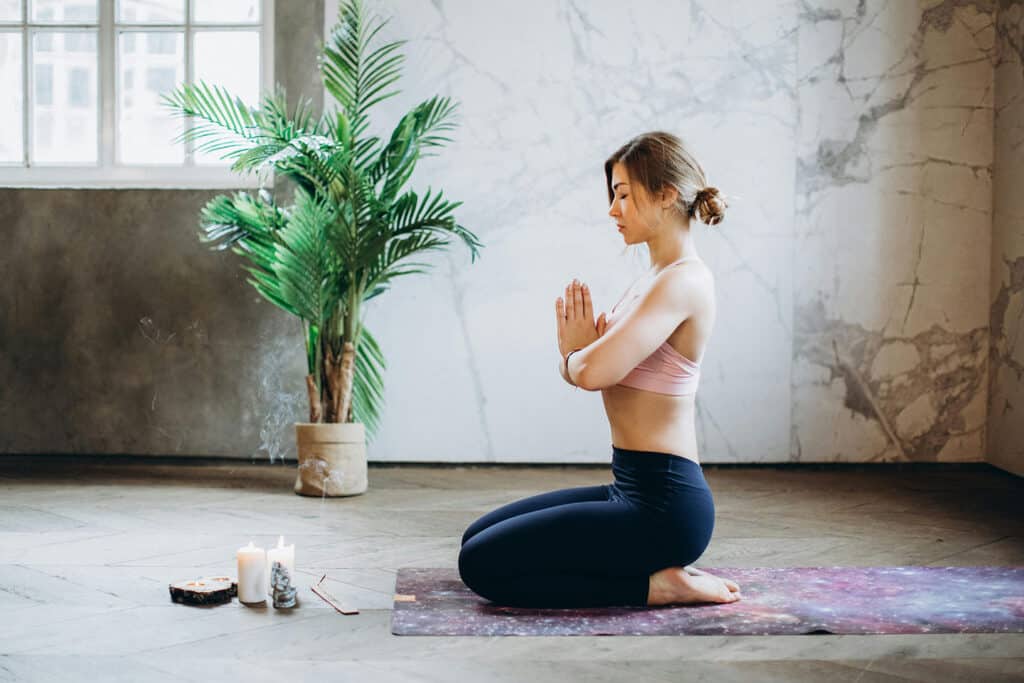
Meditation is a powerful tool for self-care. Deep meditation helps clear the mind and reduce stress. You can try shower meditation, using the water as a focus point to relax.
Meditation tools, like a best planner for meditation, can keep you on track with your practice. Simple breathing exercises also help calm your body and mind. Meditation can be done daily, alone or with a family member.
Taking a moment to engage in meditation supports your personal needs and energy. It also creates space for reflection and focus. Adding meditation to your self-care checklist helps improve mental clarity, emotional balance, and overall well-being on a daily basis.
Here’s a Self-Care Meditation checklist with unique steps:
- Use a Mantra – Repeat a positive phrase to keep your mind focused and calm.
- Set an Intention – Decide what you want to achieve with your meditation session.
- Light a Candle – Use calming scents to create a peaceful atmosphere.
- Use Soothing Music – Play soft, instrumental music to help you relax.
- Try Visualization – Imagine a peaceful scene, like a beach or forest, while meditating.
- Incorporate Aromatherapy – Use essential oils like lavender to enhance the experience.
- Hold a Crystal – Use grounding stones like amethyst or quartz for added focus.
- Do Body Scanning – Mentally check in with each part of your body, releasing tension.
6. Skin Care Routine
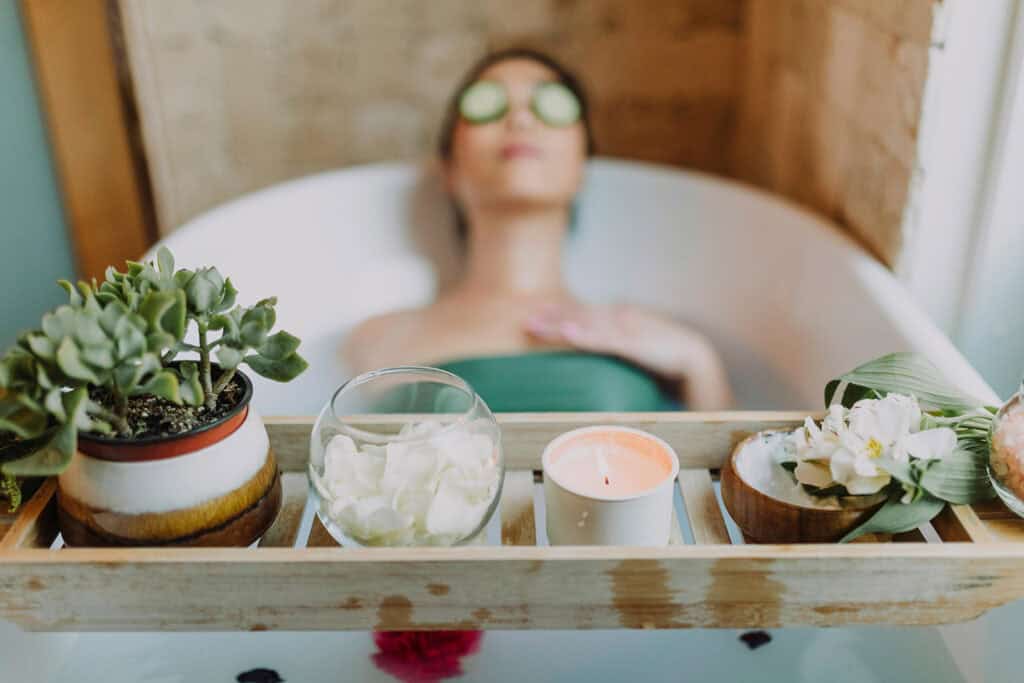
A good skincare routine is an important part of your self-care night routine. Taking care of your skin helps you feel fresh and confident. It’s also a way to practice a self-love routine. Start by cleansing your face to remove dirt.
Then, use a toner to balance your skin. Apply a serum that targets your skin concerns, like hydration or brightening. Moisturizing is key to keeping your skin soft and healthy.
Don’t forget to stay hydrated and drink water for better skin health. Spending time on your skincare routine once or twice a week can help you relax, improve your mental health, and make you feel pampered.
Here’s a unique Skin Care Routine checklist:
- Weekly Mask – Treat your skin to a hydrating or detoxifying mask based on your skin’s needs.
- Double Cleansing – Start with an oil-based cleanser, followed by a water-based cleanser to remove impurities.
- Exfoliation – Use a gentle exfoliant twice a week to remove dead skin cells.
- Toning – Apply a hydrating toner to balance your skin’s pH and prep for moisture.
- Serum Application – Use serums with active ingredients like Vitamin C or Hyaluronic Acid for targeted care.
- Eye Cream – Gently tap an eye cream around your eyes to reduce puffiness and dark circles.
- Moisturizing – Apply a moisturizer suited to your skin type to keep it hydrated and soft.
- Sunscreen – Use SPF every morning to protect your skin from UV damage.
- Night Cream – Apply a rich, nourishing cream before bed to repair skin overnight.
- Facial Massage – Use a jade roller or fingers to stimulate circulation and reduce puffiness.
7. Journaling
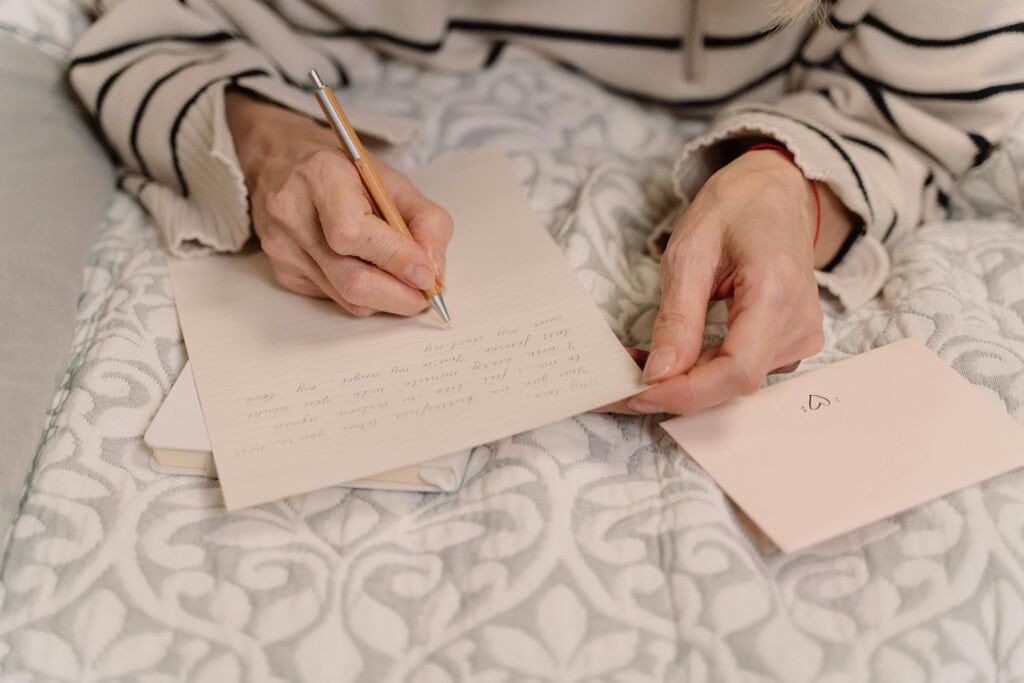
Journaling is a great way to practice emotional self-care. It helps you express your feelings and thoughts. In your morning routine checklist, set aside time to write. This can be a few minutes or longer, depending on your schedule.
Use your journal for positive self-talk and to reflect on your day. Writing helps you understand your emotions and gain clarity. You can also write about your goals and dreams. This practice can improve your mental well-being and help you stay connected to yourself.
Consider sharing your journal with a healthcare provider or a support group for extra support. Journaling can also help social connections and provide a sense of community. It is a simple yet powerful self-care practice.
Here’s a list of steps for effective journaling:
- Choose Your Journal: Pick a comfortable notebook or app.
- Set a Time: Decide when to write each day.
- Find a Quiet Space: Choose a distraction-free spot.
- Start Small: Write a few sentences or a paragraph.
- Use Prompts: Ask yourself questions to guide your writing.
- Express Emotions: Be honest about your thoughts and feelings.
- Review Regularly: Reflect on past entries for insights.
- Be Consistent: Make journaling a daily habit.
- Customize Your Style: Use lists, drawings, or letters as you prefer.
- Keep It Private: Your journal is for you—write freely!
8. Decluttering
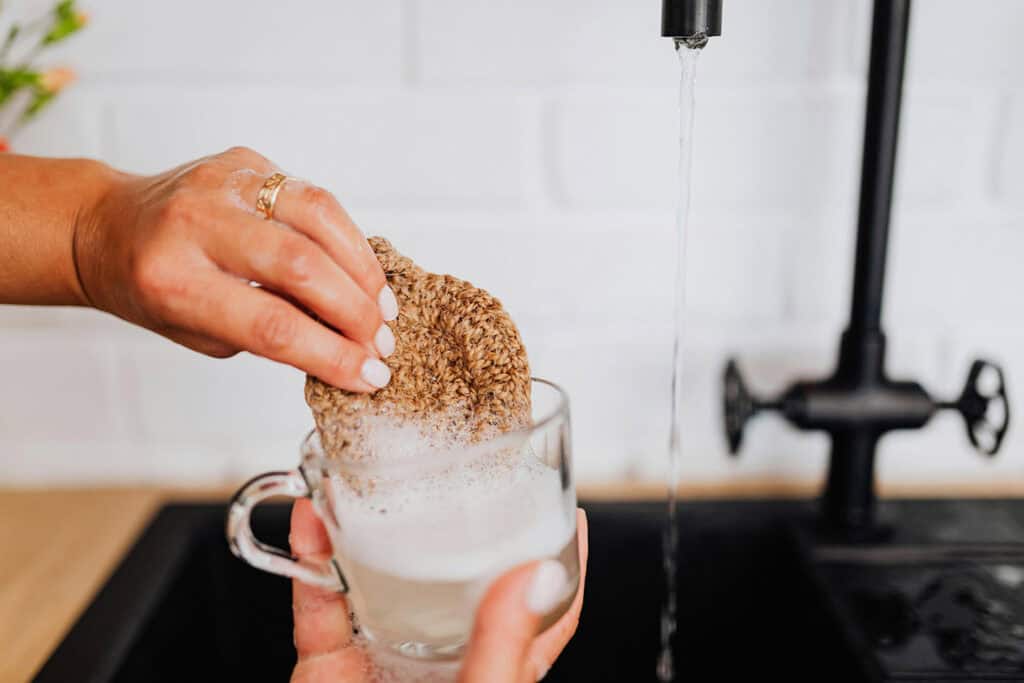
Decluttering is important for both physical and mental health. It helps to reduce stress and create a peaceful space. Start by making a chores list template to organize your responsibilities.
Each week, focus on one area of your home, like your bedroom or kitchen. Involve your loved ones and friends to make it more enjoyable. Talk about what items you need to keep and what can go. Remember to declutter your computer, too.
Clear out old files and emails. This will help your brain feel less overwhelmed.
Prioritize items that are essential and that you truly love. When you declutter, you can enjoy your space more and spend quality time with family and friends while eating and relaxing.
See also Entertainment Cinemas: 7 Must-Have Features for Movie Lovers
9. Gadget-Free Mornings

Gadget-free mornings can greatly benefit your mental health. Start your day with a self-care checklist. Spend time on your favorite hobby, like reading or drawing. You could write in a journal to express your emotions.
Enjoy bubble baths to relax and unwind. Engage in healthy cooking and prepare a nutritious breakfast. This creates a sense of support for yourself. Consider using a self-care planner to organize your day.
You can also spend time on education, such as reading a book or listening to a podcast. Taking care of yourself without gadgets helps you focus on what truly matters and supports your well-being.
Here’s a list of 10 activities for gadget-free mornings:
- Breathwork: Practice deep breathing exercises to center yourself and relieve stress.
- Mindful Walking: Enjoy a walk while focusing on nature and your thoughts.
- Vision Board Creation: Create a vision board with images that inspire your goals.
- Scent Exploration: Experiment with essential oils to enhance your mood.
- Culinary Exploration: Cook a breakfast from a different culture for variety.
- Tea or Coffee Ritual: Brew your favorite drink mindfully, savoring each sip.
- Nature Photography: Capture the beauty around you without social media distractions.
- Reading: Dive into a book that interests you, allowing for quiet reflection.
- Gardening: Spend time tending to plants, nurturing both them and yourself.
- Writing: Start a journal to express your thoughts and emotions freely.
10. Gratitude Practice
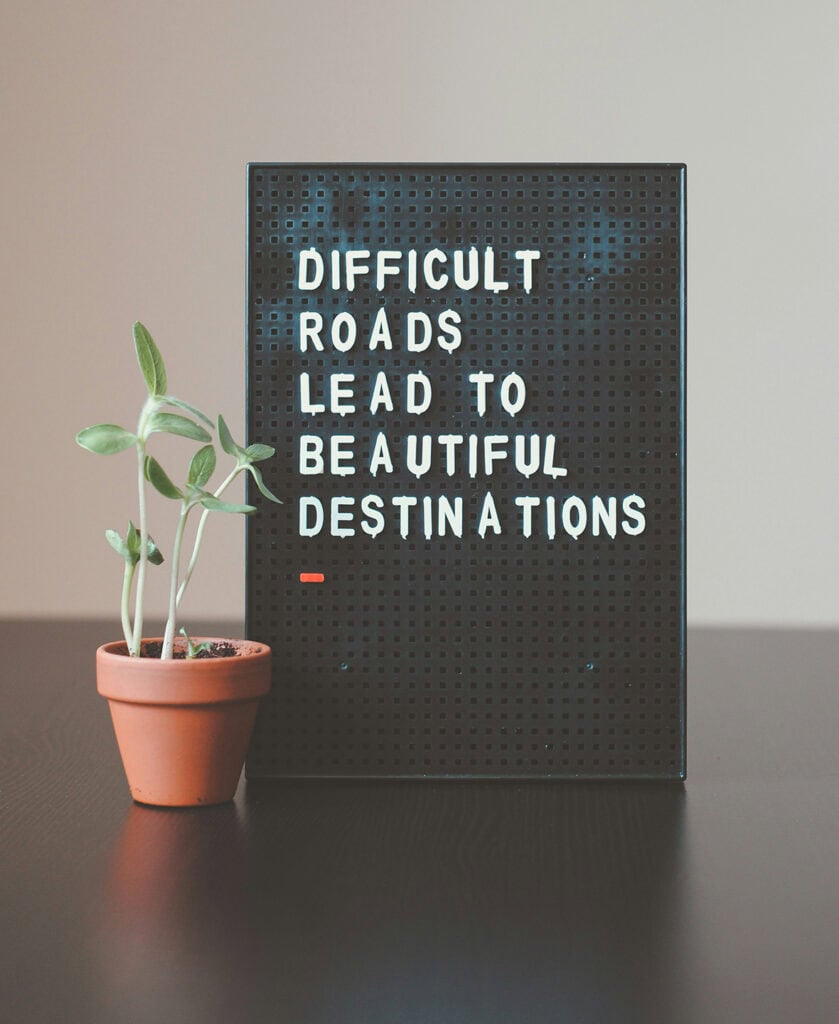
Gratitude practice is an important part of self-care. It helps improve emotional and mental health. You can start your day by thinking about your best personal values. Write down three things you are grateful for in a journal.
This can include friends, family, or even a nice meal you eat. Doing this daily is a helpful self-love exercise. It reminds you of your priorities and what matters most in life. Make gratitude a priority in your daily self-care checklist.
Over time, this practice can change your mindset and help you feel happier. Take a few moments each day to appreciate the good things.
Here’s a list of gratitude categories for self-care:
- Future Aspirations: Be grateful for your dreams and goals, envisioning the possibilities that lie ahead.
- Personal Achievements: Reflect on your accomplishments, big or small, that make you proud.
- Health and Well-being: Acknowledge your physical and mental health, including any recent improvements.
- Relationships: Express gratitude for friends, family, or mentors who support and uplift you.
- Nature and Environment: Appreciate the beauty of nature, whether it’s a sunny day or a peaceful park.
- Daily Joys: Recognize simple pleasures like a warm cup of coffee, a good book, or a favorite song.
- Opportunities: Be thankful for chances you’ve had, such as jobs, education, or personal growth experiences.
- Self-Care Practices: Value the time you dedicate to self-care activities like meditation, exercise, or hobbies.
- Learning Experiences: Acknowledge challenges you’ve faced and the lessons learned from them.
- Community Support: Appreciate the resources and support available in your community, like local groups or services.
Self-Care Checklist: A Recap

A self-care checklist is essential for wellness. It helps you focus on your needs and improve your mental health. One great way to practice self-care is through a self-care night checklist.
This can include a relaxing skincare routine, reading a book, or taking a warm bath. You can also try activities like journaling or meditating. These self-care practices are important for reducing stress and boosting your mood.
Remember, the art of self-care is about making time for yourself. Setting aside even one night a week can make a big difference. Prioritize your well-being and enjoy the benefits of practicing self-care regularly.
Make your self-care checklist today!

